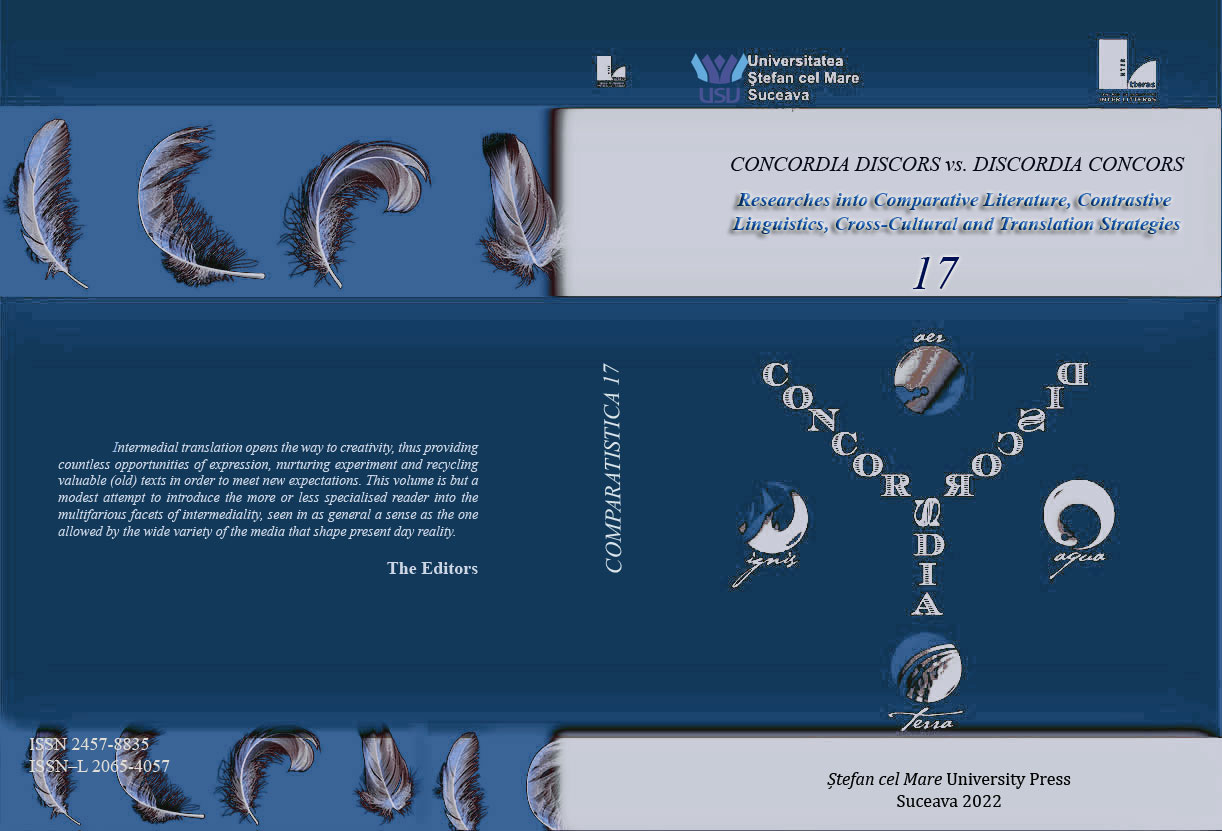Juste la fin du mot: la mise en écran du théâtre du langage de Jean-Luc Lagarce
Juste la fin du mot: The Screening of Jean-Luc Lagarce’s théâtre du langage
Author(s): Alina KornienkoSubject(s): Language and Literature Studies, Fine Arts / Performing Arts
Published by: UNIVERSITATEA »ȘTEFAN CEL MARE« SUCEAVA
Keywords: theatre of language; contemporary theatre; cinema; Dolan; the French Comedy;
Summary/Abstract: The dramatic works of Jean-Luc Lagarce have been brought to the screen twice. It is both very significant and very interesting that at the basis of two film adaptations is the same play which is Juste la fin du monde. The first screen production was made following the staging of the Comédie Française of 2009-2010 by Michel Raskine and was then filmed by Olivier Ducastel and Jacques Martineau and released on DVD in February 2014. The second cinematographic version of the play is proposed by a French-Canadian director Xavier Dolan in 2016 was awarded the Grand Prix of the 69th Cannes Film Festival. If Ducastel and Martineau present the text of Lagarce in an integral way, word for word, Xavier Dolan proposes a true version of inspiration, a free version, truly personalized. While undergoing transformations and while obtaining new meanings during the transmission of cinema, the poetic and dramatic language of Lagarce retains its extreme force, its topicality and its capacity to transmit the poetics of its time. This extreme strength is evident to anyone working on the artistic shaping of the work in question. It determines the process of its transmission while remaining the heart of the new artistic work which comes from the dramatic and literary text of Lagarce. Its language can also be described as universal because it retains its ability to allow the viewer to identify with the discourse implemented even after having undergone the process of transposition to another language system and, therefore, cultural. The voice and the involvement of actors in the cinema allows the spectators, recipients of Lagarce’s unique auctorial speech, to live an experience of the common enunciation and the appropriation of the speech of the Other by and through listening during the theatrical or cinematographic dramatic event.
- Issue Year: 2022
- Issue No: 17
- Page Range: 103-123
- Page Count: 20
- Language: French

